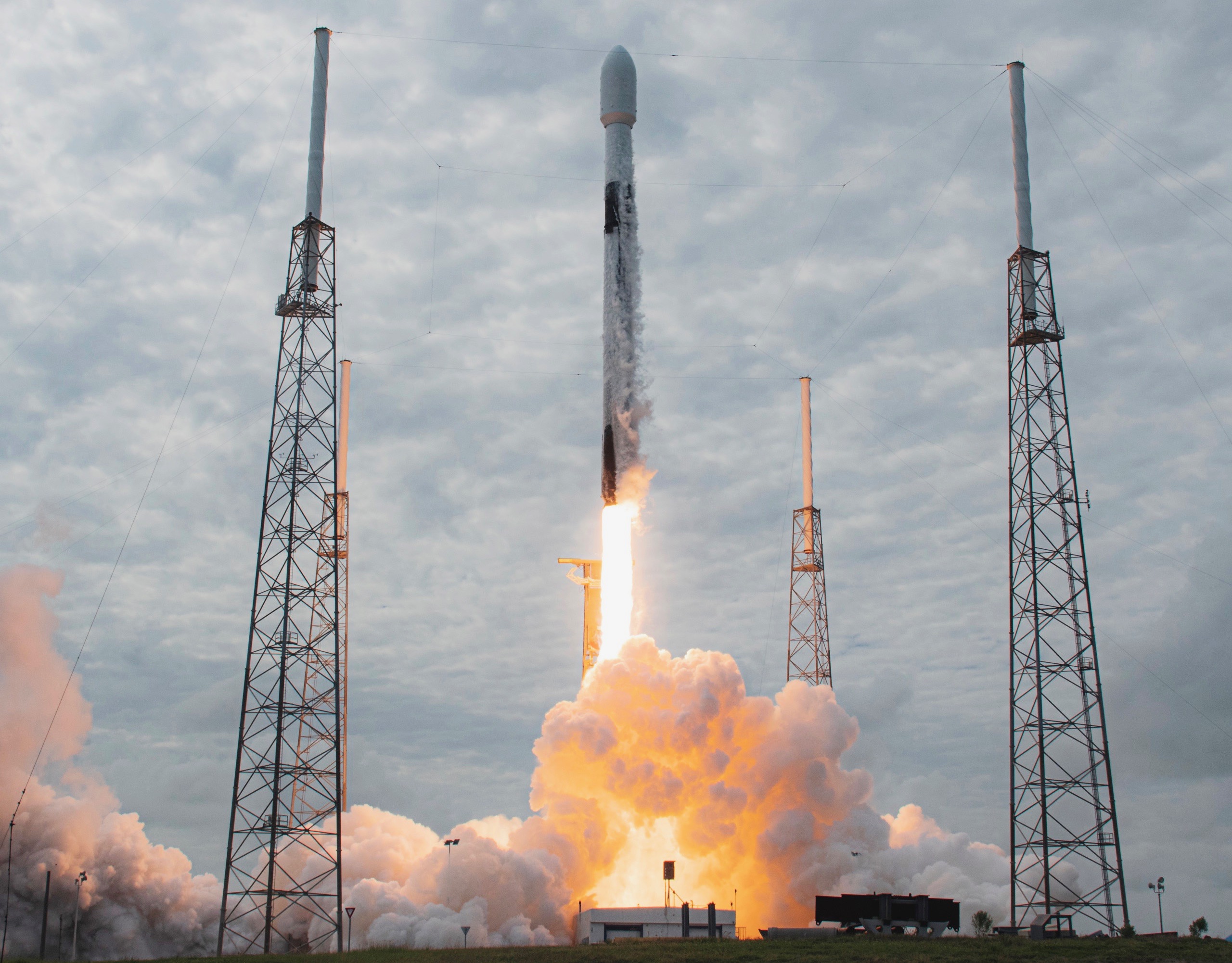SpaceX just launched its 100th successful mission, and the company put together an action-packed video to mark the milestone.
SpaceX hit the century mark on Saturday (Oct. 24) with the liftoff of a two-stage Falcon 9 rocket carrying 60 of the company's Starlink broadband satellites to orbit. That same day, SpaceX tweeted out a video documenting all 100 successful launches, starting with a September 2008 flight of a Falcon 1 booster.
That 2008 mission was a make-or-break moment for SpaceX. The Falcon 1 had failed on its first three launch attempts, and a fourth straight failure would almost certainly have been the end of SpaceX, company founder and CEO Elon Musk has said.
Related: See the evolution of SpaceX's rockets in pictures

But the Falcon 1 aced that mission and its next launch as well, paving the way for the workhorse Falcon 9, which is responsible for 95 of SpaceX's 100 successful liftoffs to date. Three flights have also been performed by the powerful Falcon Heavy, which consists of three modified Falcon 9 first stages strapped together, with a central core topped by a second stage and payload.
Rocket reuse has been a factor in many of the 100 liftoffs. SpaceX has landed first-stage boosters 63 times during these missions and launched a pre-flown rocket 45 times, according to an update the company posted on Saturday.
Such reuse can revolutionize spaceflight by dramatically reducing its cost, making Mars colonization and other ambitious feats feasible, Musk has argued.
Get the Space.com Newsletter
Breaking space news, the latest updates on rocket launches, skywatching events and more!
Not every SpaceX mission has succeeded, of course.
In addition to the three early Falcon 1 failures, a Falcon 9 broke apart about 2.5 minutes after launching a robotic cargo mission to the International Space Station in June 2015. And a Falcon 9 was destroyed on the pad in September 2016 during preparations for a routine prelaunch "static fire" test, in which engines are ignited while a rocket remains tethered to the ground. (This latter incident was not technically a launch failure, but it did result in the loss of the rocket and the payload, the AMOS-6 communications satellite.)
There haven't been any major rocket problems since the September 2016 mishap, and SpaceX is currently riding a streak of 71 consecutive successful liftoffs.
The Falcon rocket line's days are numbered, however. SpaceX is developing a fully reusable system called Starship to eventually take over all the company's spaceflight needs, from launching satellites to orbit to carrying paying customers to the moon and Mars. Three early Starship prototypes have taken short test hops, and a fourth is gearing up for a 9-mile-high (15 kilometers) flight soon.
Mike Wall is the author of "Out There" (Grand Central Publishing, 2018; illustrated by Karl Tate), a book about the search for alien life. Follow him on Twitter @michaeldwall. Follow us on Twitter @Spacedotcom or Facebook.
Join our Space Forums to keep talking space on the latest missions, night sky and more! And if you have a news tip, correction or comment, let us know at: community@space.com.

Michael Wall is a Senior Space Writer with Space.com and joined the team in 2010. He primarily covers exoplanets, spaceflight and military space, but has been known to dabble in the space art beat. His book about the search for alien life, "Out There," was published on Nov. 13, 2018. Before becoming a science writer, Michael worked as a herpetologist and wildlife biologist. He has a Ph.D. in evolutionary biology from the University of Sydney, Australia, a bachelor's degree from the University of Arizona, and a graduate certificate in science writing from the University of California, Santa Cruz. To find out what his latest project is, you can follow Michael on Twitter.









